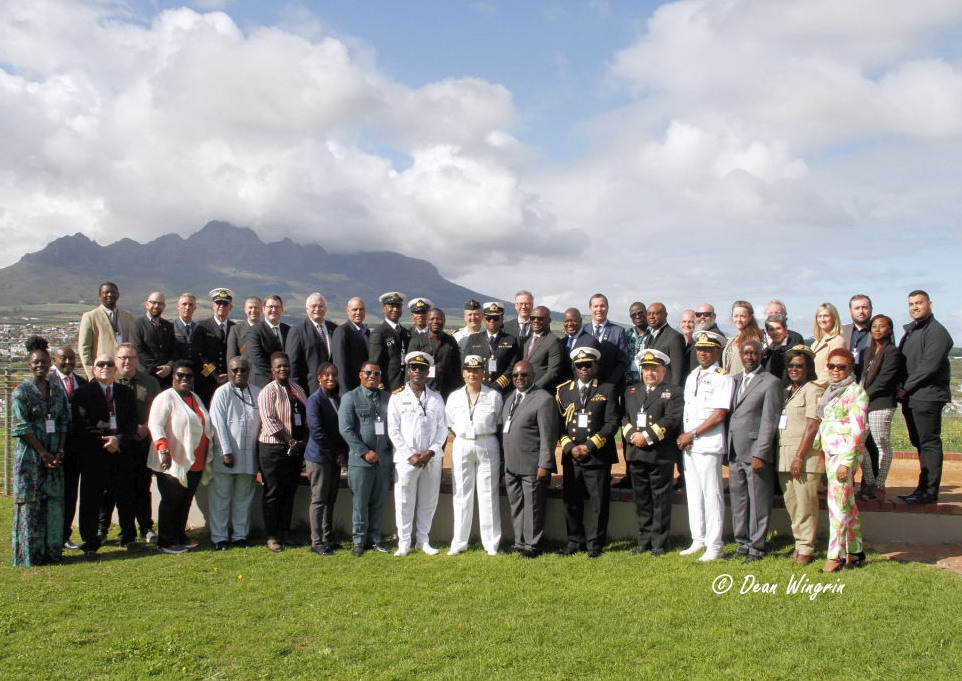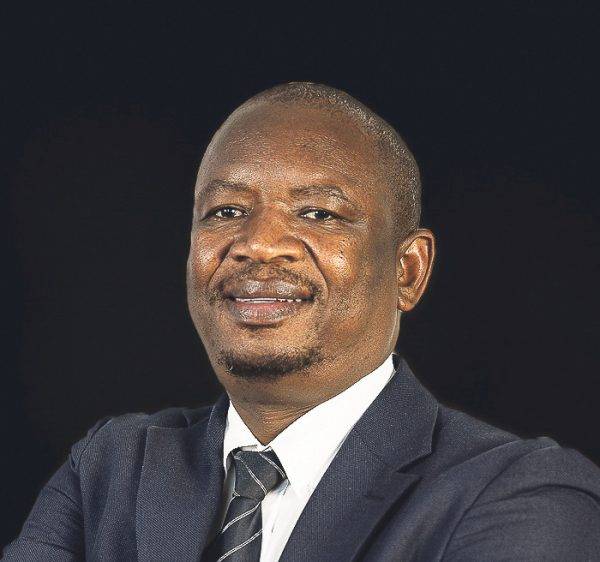Dialogue, Collaboration and Cooperation key to preserve Africa’s maritime security
Partner support, continuous dialogue, regional and international collaboration, have been hailed as key solutions in overcoming the common threats and challenges of maritime security in African nations.
This sentiment was echoed at the 3rd International Conference on Maritime Security in the Gulf of Guinea and Red Sea, held in Stellenbosch, South Africa (5-6 September 2024). The conference brought together maritime experts, policy makers and military leaders who emphasized the need for Africa to pursue collaboration and cooperation when addressing pressing security issues such as piracy, Illegal Unregulated and Unreported (IUU) fishing and smuggling.

A security brief shared in the meeting showed that 90% of piracy- based kidnappings were recorded within the Gulf of Guinea in 2019, which makes them the highest in the world. This increase can be attributed to the evolving nature of piracy tactics. In the last two decades, pirates have increased their operational and geographical range and shifted priorities from cargo theft to seafarer kidnappings, for ransom.
With the growing threat of attacks on global shipping in the Red Sea and resurgence of piracy in the Horn of Africa, experts added that Sahel terrorist groups intend to link up with transnational criminal groups operating in the Gulf of Guinea.
Additionally, Ghana’s fishing industry, which accounts for 60% of protein intake in the country, continues to incur annual losses estimated at $200 million due to illegal, unregulated and unreported fishing (IUU).
Through the Yaoundé Code of Conduct, a regional framework signed in 2013 by 25 countries within the Gulf of Guinea, counterpiracy efforts have been employed through effective information sharing in national maritime operations centres. However, the Yaoundé Architecture for Maritime Security is experiencing sustained levels of strain due to staff shortages at the Inter Regional Coordinating Centre, the Regional and Zonal Coordinating centres. Some of the zonal centres have not been established for the eleven years since the Code was set up for implementation. These challenges greatly impede regional cooperation.
Since its launch in 2009 to combat piracy, the Djibouti Code of Conduct and its Jeddah Amendment have prioritized regional cooperation. South Africa’s Mr. Metse Ralephenya, emphasized three key concepts for strengthening regional cooperation, capacity building, and information sharing in the Western Indian Ocean. These concepts can also be applied to similar frameworks globally.

Firstly, there is a need for a commonly agreed-upon end state and objectives that encompass the full spectrum of maritime security capabilities in the region. These objectives should address key areas such as legislative frameworks, maritime domain awareness, information sharing, interdiction operations at sea, prosecution, as well as the planning, organization, and budgeting required to operate and maintain the assets necessary to ensure security at sea.
Secondly, it is essential to establish mutually agreed-upon approaches in each of these areas and create extensive regional partnerships for capacity building with significant benefits like consistent training materials and enhance synergies that will reduce duplication of efforts by each supporting partner.
Lastly, establishing regional doctrine that promotes swift and effective organization and management of multi-country efforts is crucial as it establishes the region’s mechanism for action. This framework should also integrate external support to address any maritime threat, whether a response to marine pollution emergency, tackling illicit trafficking or illegal fishing, or addressing piracy resurgence and/or other forms of violence at sea.
“In a world increasingly interconnected by maritime trade, ensuring the safety and security of our seas is not just a regional concern but a global imperative. The DCoC/JA is a pivotal framework in promoting regional cooperation and improving maritime security across the Western Indian Ocean, Gulf of Aden and the Red Sea.”
The conference was organized with support from the Royal Danish Defence College (RDDC), the Kofi Annan International Peacekeeping Training Centre (KAIPTC) and Stellenbosch University Security Institute for Governance and Leadership in Africa (SIGLA).

